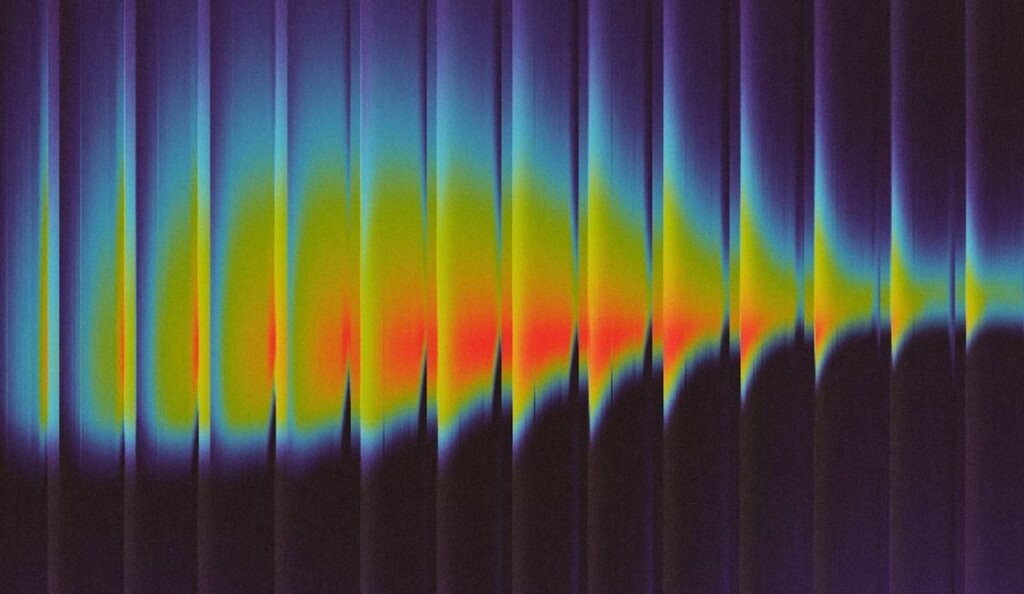Sound is more than just background noise at events; it’s a powerful tool that shapes attendee emotions, behaviors, and memories. Understanding the psychology of sound can transform corporate functions and school assemblies into immersive experiences that resonate long after the event concludes.

Understanding the Psychology of Sound
The field of psychoacoustics explores how humans perceive and respond to sound. Research indicates that specific sound frequencies and patterns can evoke distinct emotional responses. For instance, upbeat, fast-tempo music can increase energy and motivation, while slow, melodic tunes may induce relaxation and reduce stress levels.
In the context of events, leveraging these insights allows planners to curate audio experiences that align with desired outcomes, whether it’s energizing a corporate audience or creating a solemn atmosphere for a school ceremony.
The Emotional Impact of Sound in Events
Sound directly influences the limbic system, the part of the brain responsible for emotions. This connection means that auditory elements can subconsciously affect how attendees feel and react during an event. For example, incorporating familiar, calming sounds can lower stress hormones, promoting relaxation among attendees.
Moreover, sound plays a crucial role in memory formation. A well-chosen piece of music or sound effect can trigger vivid recollections, making the event more memorable.

Practical Applications for Corporate and School Events
Understanding the psychological effects of sound enables event planners to design experiences that effectively engage their audiences.
Corporate Events
- Product Launches: Utilize dynamic, high-energy music to build excitement and anticipation.
- Conferences: Incorporate subtle background music during breaks to maintain a pleasant atmosphere and encourage networking.
- Workshops: Use specific sound cues to signal transitions between sessions, aiding in time management and focus.
School Events
- Graduations: Select ceremonial music that evokes pride and accomplishment.
- Assemblies: Employ thematic music to reinforce the message or theme of the assembly.
- Performances: Integrate sound effects and music to enhance storytelling and student engagement.
Integrating Sound Strategically
To effectively harness the psychology of sound, consider the following strategies:
- Audience Analysis: Understand the demographics and preferences of your audience to select appropriate audio elements.
- Consistent Branding: Align sound choices with your organization’s brand identity to reinforce recognition and messaging.
- Technical Excellence: Ensure high-quality sound equipment and professional setup to deliver clear and impactful audio.
Final Thoughts
The strategic use of sound in events is a powerful tool to influence attendee behavior and enhance overall experience. By understanding and applying the principles of the psychology of sound, event planners in the corporate and school sectors can create more engaging, memorable, and effective events.
Ready to elevate your next event with strategic sound design? Contact Lida Audio Visual to learn how our expert audio solutions can enhance your event experience.
FAQs
What is the psychology of sound?
The psychology of sound, or psychoacoustics, is the study of how humans perceive and respond to sound. It examines how different sounds can influence emotions, behaviors, and cognitive processes.
How does sound influence event attendees?
Sound can set the tone of an event, influence mood, and enhance memory retention. For example, upbeat music can energize attendees, while calming sounds can create a relaxed atmosphere.
Can sound affect memory during events?
Yes, sound plays a significant role in memory formation. Specific sounds or music can trigger emotional responses and help attendees recall information presented during the event.
What types of sound are effective in corporate events?
In corporate settings, background music during breaks can maintain energy levels, while specific sound cues can signal transitions or highlight key moments. The choice of sound should align with the event’s objectives and audience preferences.
How can schools utilize sound in events?
Schools can use music and sound effects to enhance the emotional impact of events like graduations, assemblies, and performances. Appropriate sound design can aid in storytelling, reinforce messages, and create memorable experiences for students and attendees.
